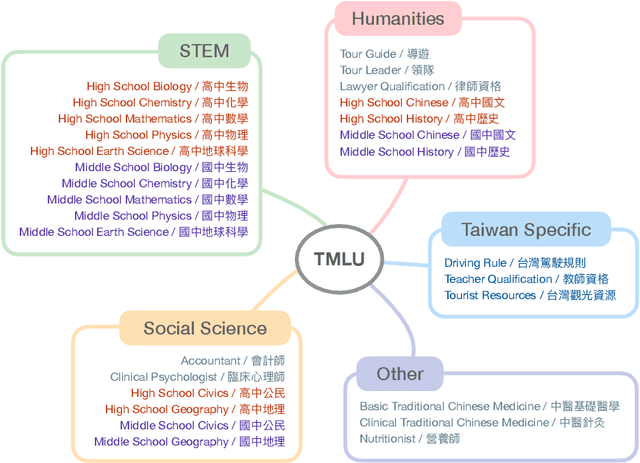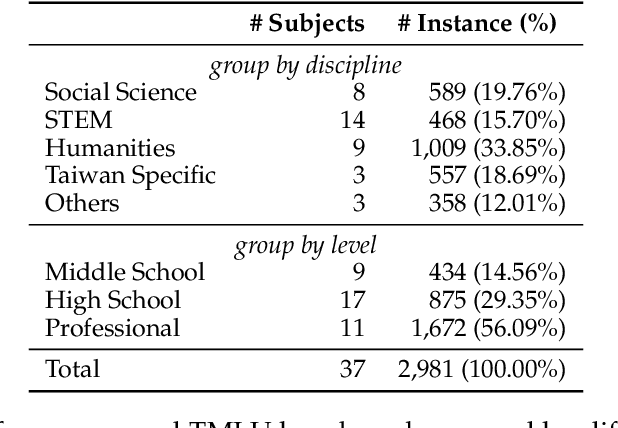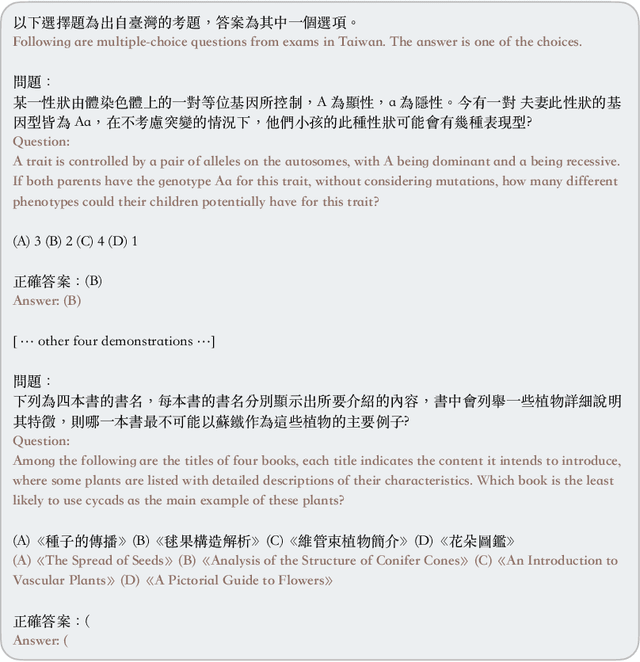Sijia Cheng
Exploring Personality-Aware Interactions in Salesperson Dialogue Agents
Apr 25, 2025Abstract:The integration of dialogue agents into the sales domain requires a deep understanding of how these systems interact with users possessing diverse personas. This study explores the influence of user personas, defined using the Myers-Briggs Type Indicator (MBTI), on the interaction quality and performance of sales-oriented dialogue agents. Through large-scale testing and analysis, we assess the pre-trained agent's effectiveness, adaptability, and personalization capabilities across a wide range of MBTI-defined user types. Our findings reveal significant patterns in interaction dynamics, task completion rates, and dialogue naturalness, underscoring the future potential for dialogue agents to refine their strategies to better align with varying personality traits. This work not only provides actionable insights for building more adaptive and user-centric conversational systems in the sales domain but also contributes broadly to the field by releasing persona-defined user simulators. These simulators, unconstrained by domain, offer valuable tools for future research and demonstrate the potential for scaling personalized dialogue systems across diverse applications.
A Survey of Useful LLM Evaluation
Jun 03, 2024Abstract:LLMs have gotten attention across various research domains due to their exceptional performance on a wide range of complex tasks. Therefore, refined methods to evaluate the capabilities of LLMs are needed to determine the tasks and responsibility they should undertake. Our study mainly discussed how LLMs, as useful tools, should be effectively assessed. We proposed the two-stage framework: from ``core ability'' to ``agent'', clearly explaining how LLMs can be applied based on their specific capabilities, along with the evaluation methods in each stage. Core ability refers to the capabilities that LLMs need in order to generate high-quality natural language texts. After confirming LLMs possess core ability, they can solve real-world and complex tasks as agent. In the "core ability" stage, we discussed the reasoning ability, societal impact, and domain knowledge of LLMs. In the ``agent'' stage, we demonstrated embodied action, planning, and tool learning of LLMs agent applications. Finally, we examined the challenges currently confronting the evaluation methods for LLMs, as well as the directions for future development.
Measuring Taiwanese Mandarin Language Understanding
Mar 29, 2024



Abstract:The evaluation of large language models (LLMs) has drawn substantial attention in the field recently. This work focuses on evaluating LLMs in a Chinese context, specifically, for Traditional Chinese which has been largely underrepresented in existing benchmarks. We present TMLU, a holistic evaluation suit tailored for assessing the advanced knowledge and reasoning capability in LLMs, under the context of Taiwanese Mandarin. TMLU consists of an array of 37 subjects across social science, STEM, humanities, Taiwan-specific content, and others, ranging from middle school to professional levels. In addition, we curate chain-of-thought-like few-shot explanations for each subject to facilitate the evaluation of complex reasoning skills. To establish a comprehensive baseline, we conduct extensive experiments and analysis on 24 advanced LLMs. The results suggest that Chinese open-weight models demonstrate inferior performance comparing to multilingual proprietary ones, and open-weight models tailored for Taiwanese Mandarin lag behind the Simplified-Chinese counterparts. The findings indicate great headrooms for improvement, and emphasize the goal of TMLU to foster the development of localized Taiwanese-Mandarin LLMs. We release the benchmark and evaluation scripts for the community to promote future research.
 Add to Chrome
Add to Chrome Add to Firefox
Add to Firefox Add to Edge
Add to Edge